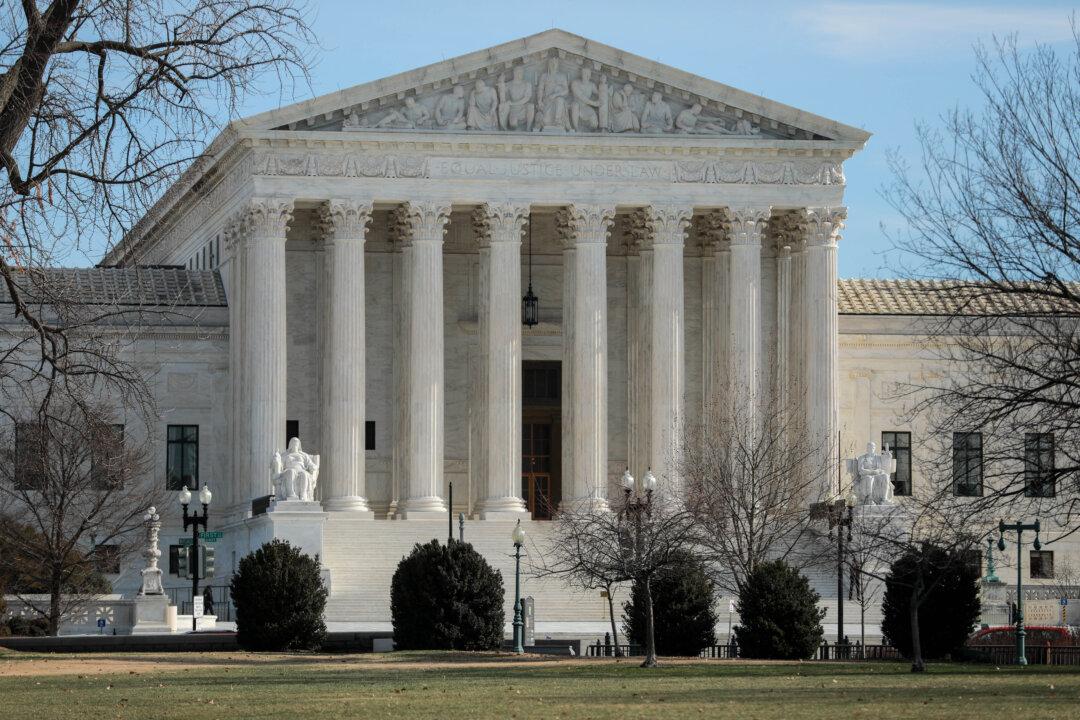A dispute between a Michigan man and law enforcement over the use of excessive force in a mistaken identity case will be reviewed by the Supreme Court.
The case stems from a 2014 incident in which two undercover law enforcement officers mistook the identity of a then-college student, James King, for a wanted home invasion fugitive. The officers—Grand Rapids Police Department detective Todd Allen and FBI agent Douglas Brownback—were assigned to work as members of a state-federal police task force that was searching for the suspect.




